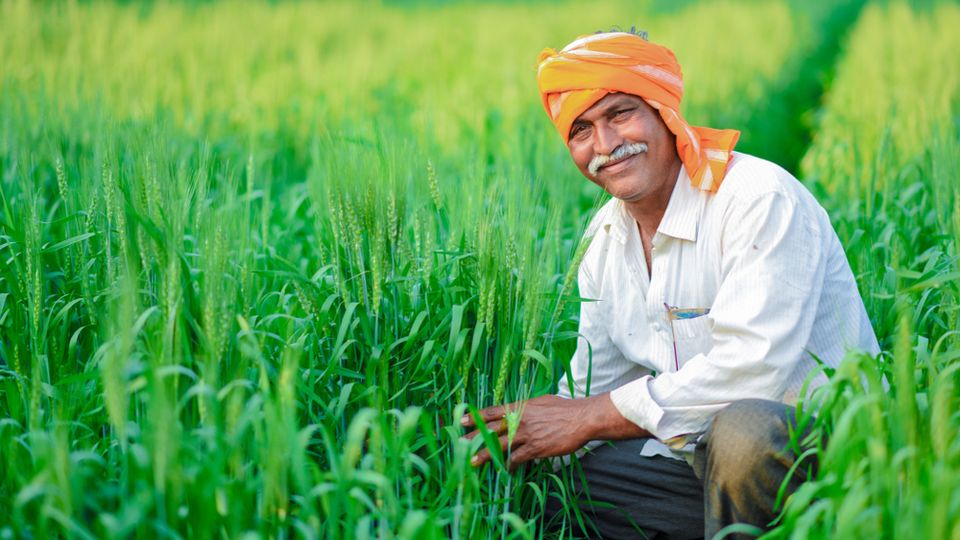
September 12, 2025 Have you ever wondered why people confuse pesticides and herbicides? Both words sound similar, but they mean different things. Pesticides cover many chemicals used to fight insects, fungi, rodents, and weeds. Herbicides are a special kind that only targets plants.
Read More 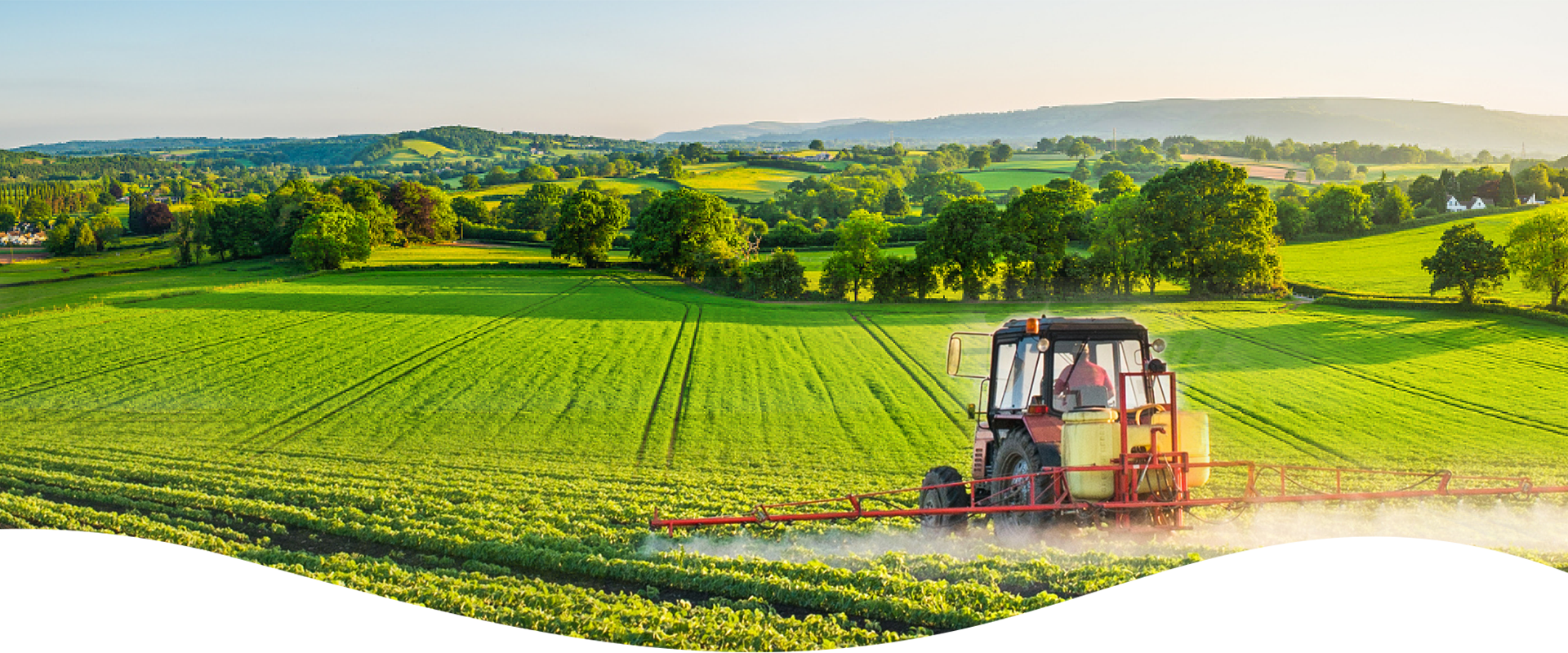
September 09, 2025 Caring for plants is never simple. Weeds steal nutrients. Fungi quietly destroy healthy leaves. Many people confuse herbicides with fungicides. One fights unwanted plants, the other stops fungal disease.
Read More 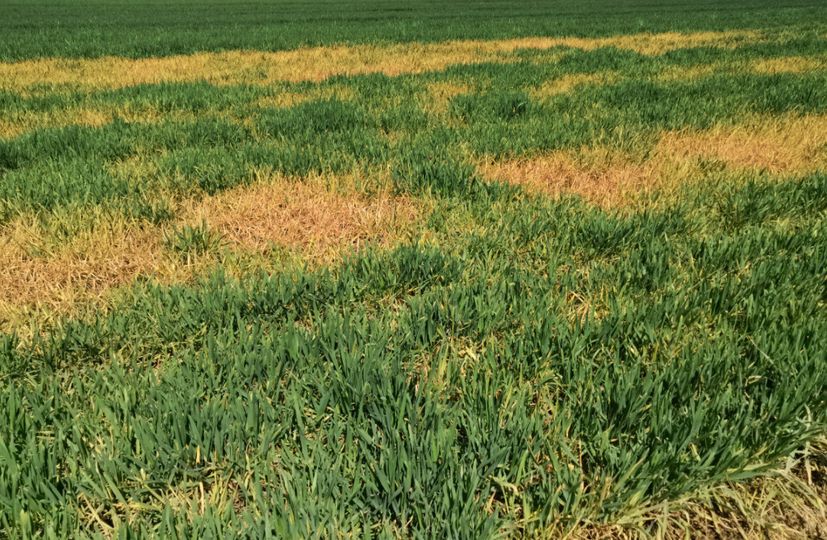
September 05, 2025 What is the importance of monitoring crops? Crops face pests, diseases, and weeds every season, and without monitoring, weeks of work can vanish in days. Farmers may use pesticides, fungicides, or herbicides, but monitoring ensures these tools work at the right time.
Read More 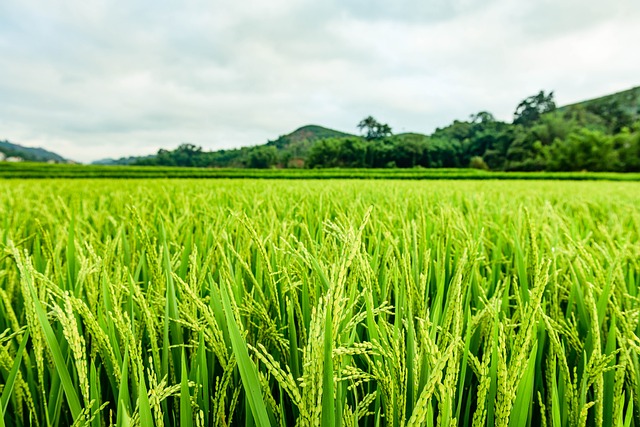
September 02, 2025 What would farming look like without pesticides? Crops face insects, weeds, and diseases every season. Without protection, fruit losses can reach 78 percent, vegetables 54 percent, and cereals 32 percent. Pesticides help farmers protect yields and food supply.
Read More 
August 29, 2025 Pesticides protect crops, but not all are the same. Many farmers get confused by terms like EC and SC. These two pesticide formulations act differently in fields and homes. In this post, you’ll learn what EC and SC mean, their differences, benefits, and best uses.
Read More 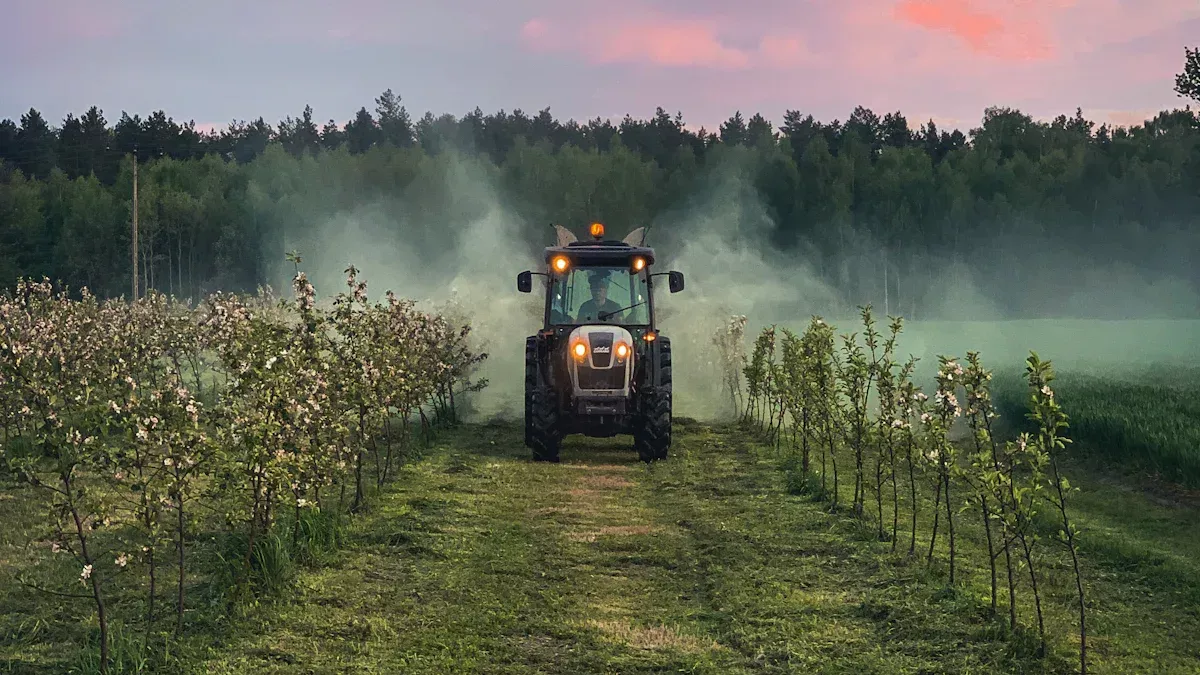
August 15, 2025 Crop protection is very important in farming. It helps keep crops safe from pests, diseases, and weeds. Every year, about 40% of crops are lost because of insects and other dangers. These losses cost the world more than 220 billion dollars. They also make it harder for people to have enough food. Farmers use different ways to protect their crops and keep growing food.
Read More 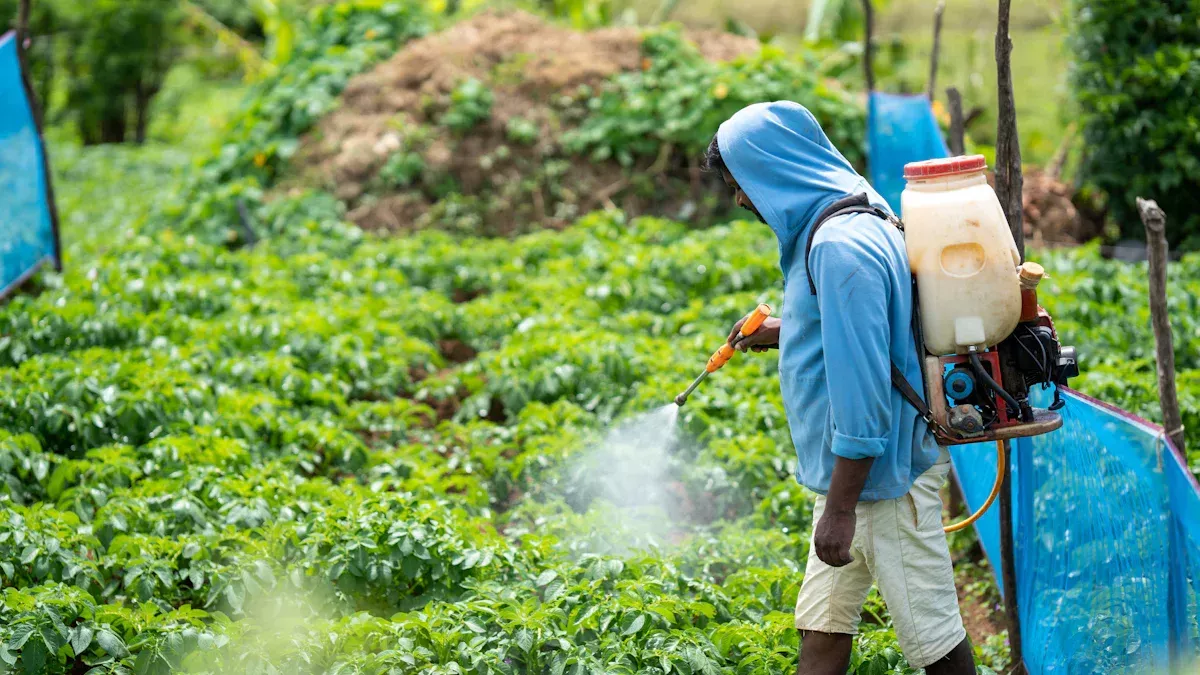
August 12, 2025 You rely on crop protection every time you eat food. Without crop protection, pests and weeds ruin a lot of food each year. Insect pests cause about 38% of food loss worldwide. Weeds cause another 34% of food loss. These losses make it harder for people to get enough food.
Read More 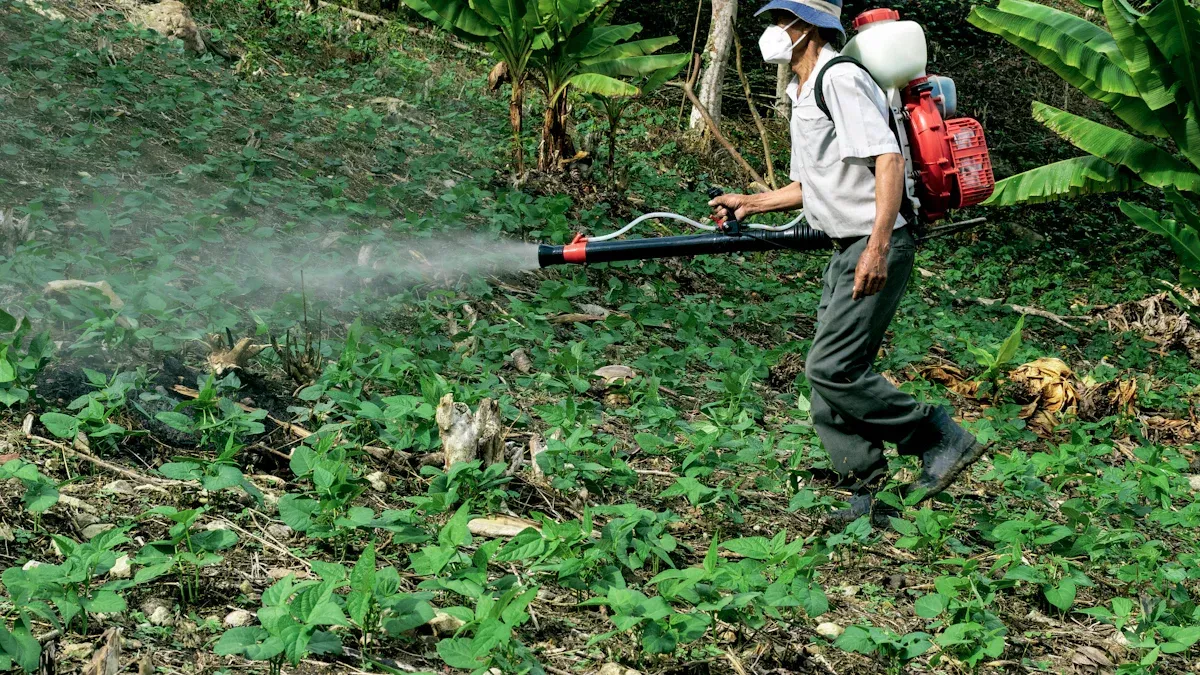
August 08, 2025 Farmers rely on various crop protection products to keep their crops safe and healthy. The main categories of these products include herbicides, insecticides, fungicides, and biopesticides. These crop protection products help manage weeds, insects, fungi, and other threats to crops. Additionally, other crop protection products such as acaricides, nematicides, molluscicides, algicides, plant growth regulators, and defoliants target a wider range of pests and support better crop growth.
Read More 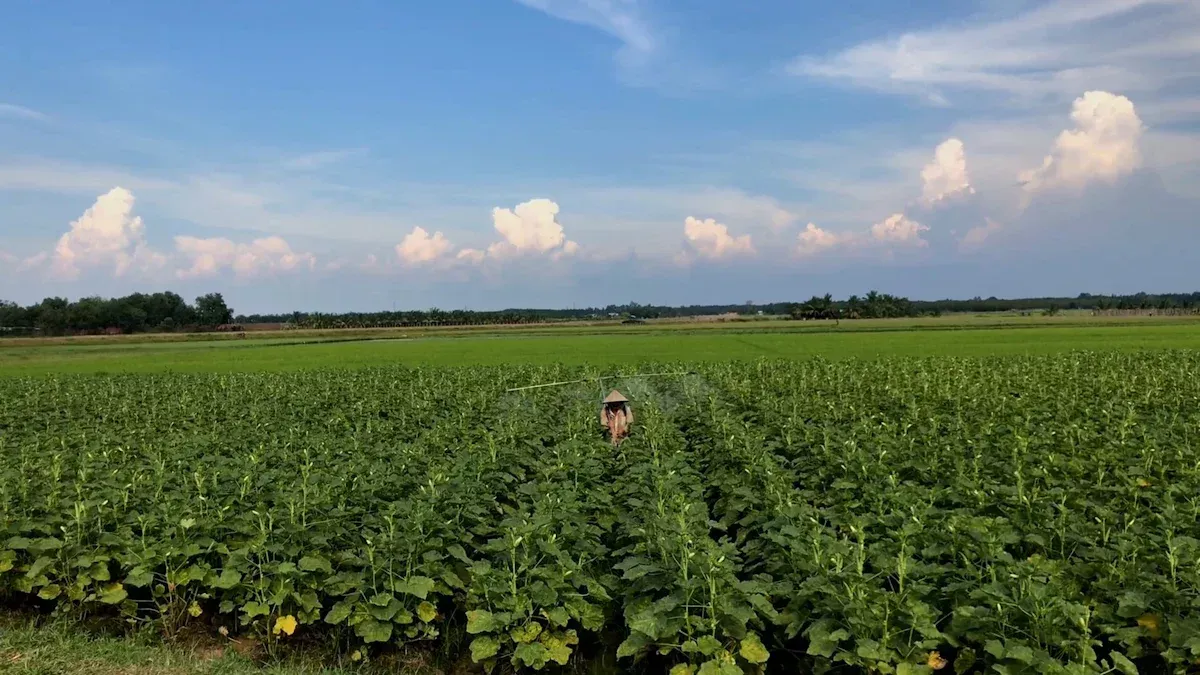
August 05, 2025 You can see a big change when crop protection works. Your crops look healthy and you get good harvests. You use different methods and plan your work well. These actions help keep your plants safe from pests. Check the numbers below. Cover crops can help crops grow better. For example, legumes can grow 21.8% more without extra fertilizer.
Read More 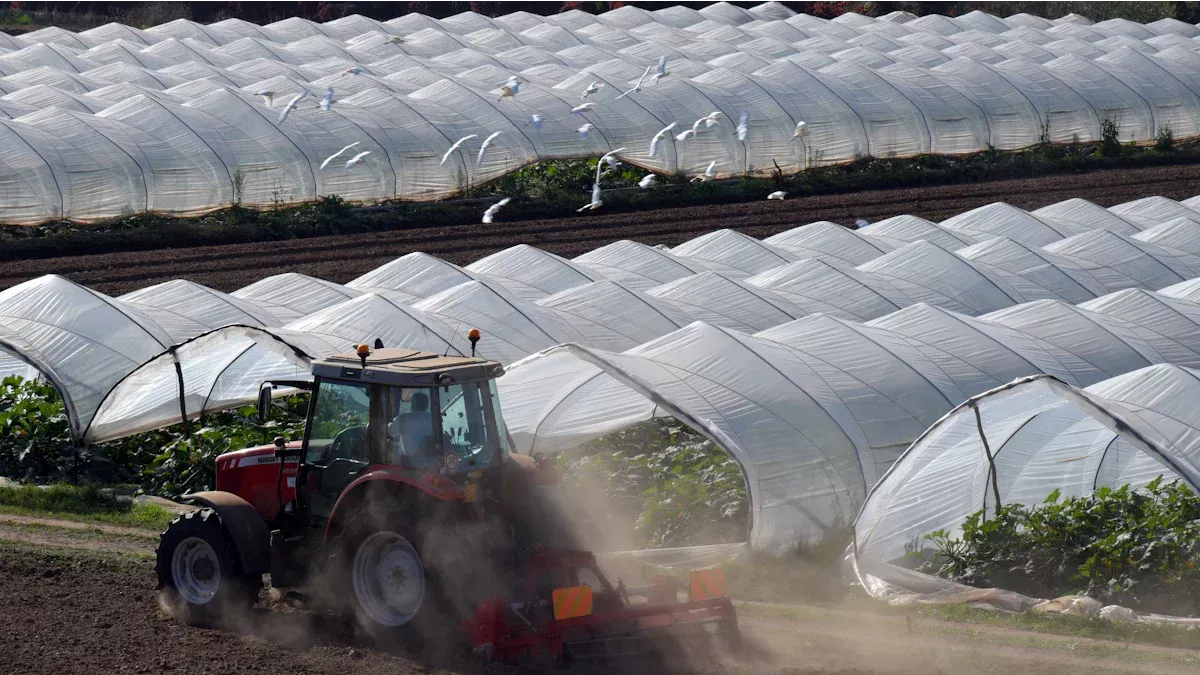
August 01, 2025 Crop protection in 2025 needs fast action. Farmers deal with new pests, diseases, and climate problems each year. Reports say about 35% of crops are lost to pests. Technology like drones, sensors, and AI helps farmers work faster.
Read More 








